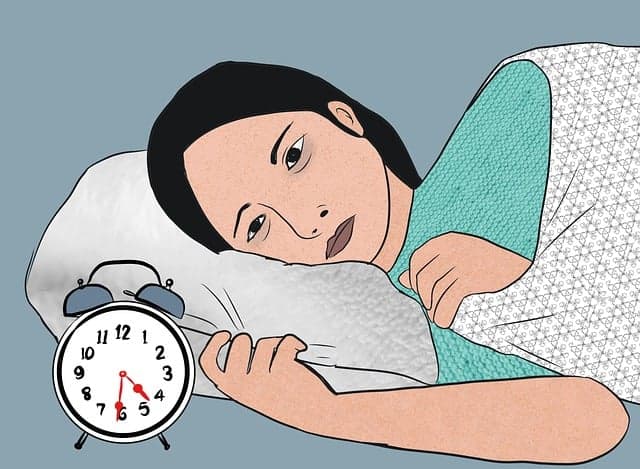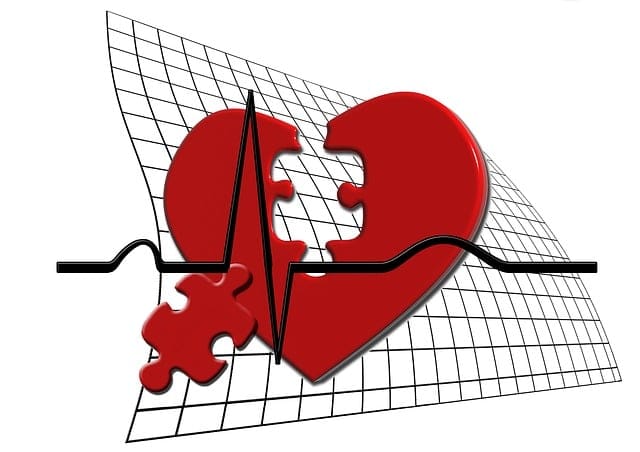Obesity isn’t just about physical well-being; it’s closely linked to mental health, too. When we talk about the struggles that come with being overweight, it’s essential to recognize that these struggles aren’t always visible.
The mental load of obesity – the self-esteem hits, the anxiety, the depression that can accompany it – is as natural as the weight itself. Addressing obesity means understanding these hidden battles. It’s about being kind to the mind as well as the body.
Psychological Impact of Obesity On Mental Health
The psychological impact of obesity extends beyond the physical health concerns it brings; it also carries a significant emotional and mental burden. Individuals with obesity often grapple with profound body image issues.
The pervasive societal pressure to conform to specific body standards can lead to feelings of inadequacy and low self-esteem. External factors, such as discrimination and stigma, compound these internal struggles.
People with obesity may encounter bias in social settings, workplaces, and even healthcare environments, which can manifest in subtle microaggressions or overt exclusion.
Obesity and Mental Health – The Emotional Toll
The emotional toll of living with obesity is also linked to increased rates of mental health conditions, such as depression and anxiety. The stigma associated with obesity often creates a sense of isolation and loneliness.
Obese folk can internalize the discrimination they face, leading to a harmful cycle of self-blame and negative self-talk. The chronic stress of navigating a world that frequently judges based on size can trigger stress-eating behaviors, exacerbating the very condition that incites this bias.
Obesity-related health complications can themselves be a source of anxiety. Concerns about developing diabetes, heart disease, or joint problems can lead to persistent worry. These concerns may interfere with the individual’s ability to manage weight or seek medical care.
The interplay between obesity, mental health, and societal perception is complex, creating an environment where those affected by obesity are often fighting battles on multiple fronts: for their health, their emotional well-being, and their place in society.
Coping Strategies and Support
Addressing the psychological challenges associated with obesity requires a multifaceted approach, focusing on both internal coping strategies and external support systems.
Coping with the emotional strain of obesity can be a delicate process, where the goal is to foster resilience while acknowledging and managing the difficulties that come with the condition.
One crucial aspect of coping is seeking professional help. Psychologists and counselors can offer individualized therapy sessions to help understand and work through the emotional issues related to obesity.
Behavioral Therapy
For instance, cognitive Behavioral Therapy (CBT) effectively alters negative thought patterns and develops healthier coping mechanisms. Support groups, both in-person and online, can also provide a community where individuals can share experiences and offer mutual understanding and encouragement.
Building resilience can start with creating a positive and supportive environment. It may involve setting boundaries with those who contribute to feelings of inadequacy or exclusion. It’s helpful to establish nurturing relationships with friends, family, or community members who provide positive reinforcement and understand the complexities of obesity.
Moreover, developing a strong sense of self-worth independent of body weight or shape is vital. Engaging in activities that promote a positive body image and self-esteem, like exercise, hobbies, or volunteering, can enhance an individual’s sense of purpose and value.
Mindfulness and Meditation
Mindfulness and meditation practices can also be beneficial, helping individuals to center themselves and reduce stress, which is often a precipitant to unhealthy eating patterns.
Practical strategies for improving mental well-being include establishing routine self-care practices, like adequate sleep, nutrition, and physical activity, which can have mood-boosting effects.
Learning stress-management techniques, such as deep breathing exercises, progressive muscle relaxation, or guided imagery, can also be powerful tools in mitigating the psychological burden of obesity.
Ultimately, coping with obesity’s psychological challenges is about cultivating a compassionate approach to self-care and recognizing the importance of reaching out for support when needed. It’s about building a rich, complete, and affirming life beyond the scale’s numbers.
Promoting a Positive Body Image
Promoting a positive body image in the context of obesity is a crucial step towards improving overall well-being. At its core, it fosters self-esteem and acceptance, recognizing that self-worth extends beyond physical appearance.
This journey often begins with shifting focus from weight to health and from criticism to care. Strategies for building a positive body image involve consciously changing the narrative about one’s body from judgment to gratitude.
You can achieve a positive body image by acknowledging and appreciating what the body can do rather than what it looks like or what one perceives as its flaws. It’s important to celebrate small victories, like the ability to engage in a new physical activity or the feeling of nourishment from eating wholesome foods.
Curate Media Consumption
Another practical approach is to curate media consumption, steering clear of images or messages that promote unrealistic body standards. Instead, individuals can seek out and engage with body-positive content and communities that emphasize a diversity of body types and the beauty inherent in that diversity.
Practicing self-compassion is essential. It means being as kind to oneself as one would be to a good friend, acknowledging that everyone has imperfections and that it’s okay to be a work in progress.
Mindfulness meditation can aid in this area by helping individuals remain present and approach their feelings and self-image with kindness rather than judgment. Positive affirmations can also play a role.
Self-Talk to Reinforce Self-Esteem
Regularly speaking positively about oneself helps to reinforce self-esteem and diminish the power of negative thoughts. This approach could involve the daily practice of standing in front of a mirror and vocalizing what one values about oneself regarding character and physical attributes.
The inclusion of motivational and empathetic commentary helps encourage readers on this path. Knowing that the journey towards a positive body image is not always linear or straightforward, it’s important to remind individuals that every step forward, no matter how small, is a victory.
This path is about reaching a destination, growing, and finding peace. It is crucial to remember that developing a positive body image is a personal and unique process.
Keep Trying to Find What Works For You
What works for one person might not work for another, and that’s perfectly fine. It’s about finding joy in who you are now, not just who you will be if or when you reach a certain weight.
Each person’s body tells a story, and every story has its beauty. Encouraging readers to embrace this concept can lead to a more fulfilling and happy life, irrespective of the scale.
Overcoming the intertwined challenges of obesity and mental health is a formidable journey that requires strength, patience, and compassion. If you’re facing these hurdles, know that every step you take towards improving your health is an act of courage and commitment to your well-being.
Obesity and Mental Health – Acknowledge Your Efforts
It’s vital to acknowledge your bravery in confronting these issues. Embracing change, seeking help, and striving for progress, regardless of how incremental it may seem, signifies immense personal strength.
Remember, you cannot always measure yourself by the scale or a reflection in the mirror. Consider also the moments of clarity when you feel more at peace with yourself and choose self-care over self-criticism.
As you navigate this path, celebrate every victory, no matter how small. The decision to start, the choice to keep going after a setback, and the moments of resilience in the face of adversity are all significant accomplishments. Allow yourself to feel proud of what you’re doing because, while the journey may be challenging, it’s also incredibly worthwhile.
Seek out a supportive community that understands what you’re going through, whether it’s friends, family, or a group with similar experiences. Their encouragement can be a powerful source of motivation, and their understanding can provide comfort on difficult days.
Lastly, be patient with yourself. Change takes time, and it’s okay if your journey doesn’t look like anyone else’s. Your experience is unique to you, making your progress remarkable in any form. Keep moving forward, and know that each step is a piece of the puzzle, creating a healthier, happier you.
Legal Disclaimer: The content provided on obesitywoes.com is for general informational purposes only. It is not intended as health advice, nor does it constitute a medical practitioner-patient relationship. The information may not be accurate, complete, or updated at the time of viewing. Obesitywoes.com and its authors disclaim all liability for any actions taken or not taken based on the content of this site. Always consult with a registered medical practitioner in your area before making any health decisions. This website may contain links to other websites. We are not responsible for the content, accuracy, or opinions expressed on such websites, and such websites are not investigated, monitored, or checked for accuracy or completeness by us.






